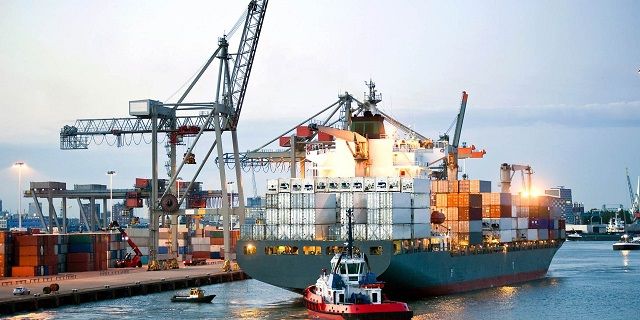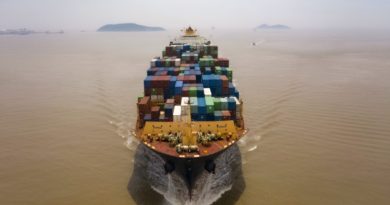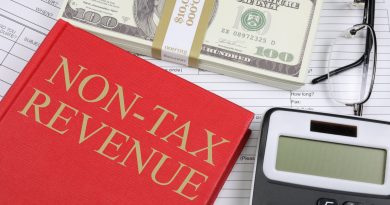Bangladesh has begun building a pool of skilled trade negotiators to sustain export growth, diversify markets, and safeguard national interests in the post-LDC era.
The initiative was launched Sunday at a Dhaka dialogue titled “Reflections & Way Forward: Building National Capabilities in Trade Negotiations”, organised by the commerce ministry with UNDP support under the UK-funded Transformative Economic Policy Programme (TEPP).
Commerce Adviser Sk. Bashir Uddin, who led recent negotiations with the United States, stressed the need to institutionalise trade negotiation capacity. “As Bangladesh prepares to graduate from LDC status, the Trade Negotiation School will be vital in equipping our negotiators to secure the nation’s interests in a complex global trade landscape,” he said.
British High Commissioner Sarah Cooke reaffirmed the UK’s long-term partnership, assuring that Bangladesh will continue to enjoy duty-free and quota-free market access even after graduation. “We are proud to support Bangladesh in building a new generation of trade negotiators,” she said.
The event also awarded certificates to members of the first pool of negotiators, drawn from ministries, agencies, and academia. Commerce Secretary Mahbubur Rahman said the government is now negotiating trade deals with Singapore, Japan, and South Korea, with a team currently in Tokyo for the final round of talks on an Economic Partnership Agreement (EPA) with Japan.
UNDP Bangladesh’s resident representative, Stefan Liller, called graduation from LDCs “a call for an economic reset,” stressing that Bangladesh must craft new trade strategies and negotiate favourable deals.
Experts including Lutfey Siddiqi, Dr. Mohammad Abdur Razzaque, and UNDP economic adviser Owais Parray highlighted the need for continuity, specialist expertise, and institutional change to succeed in global trade negotiations.
Currently, Bangladesh is negotiating nearly a dozen FTAs, CEPAs, and EPAs to retain preferential market access after graduating from LDC status in November 2026.






